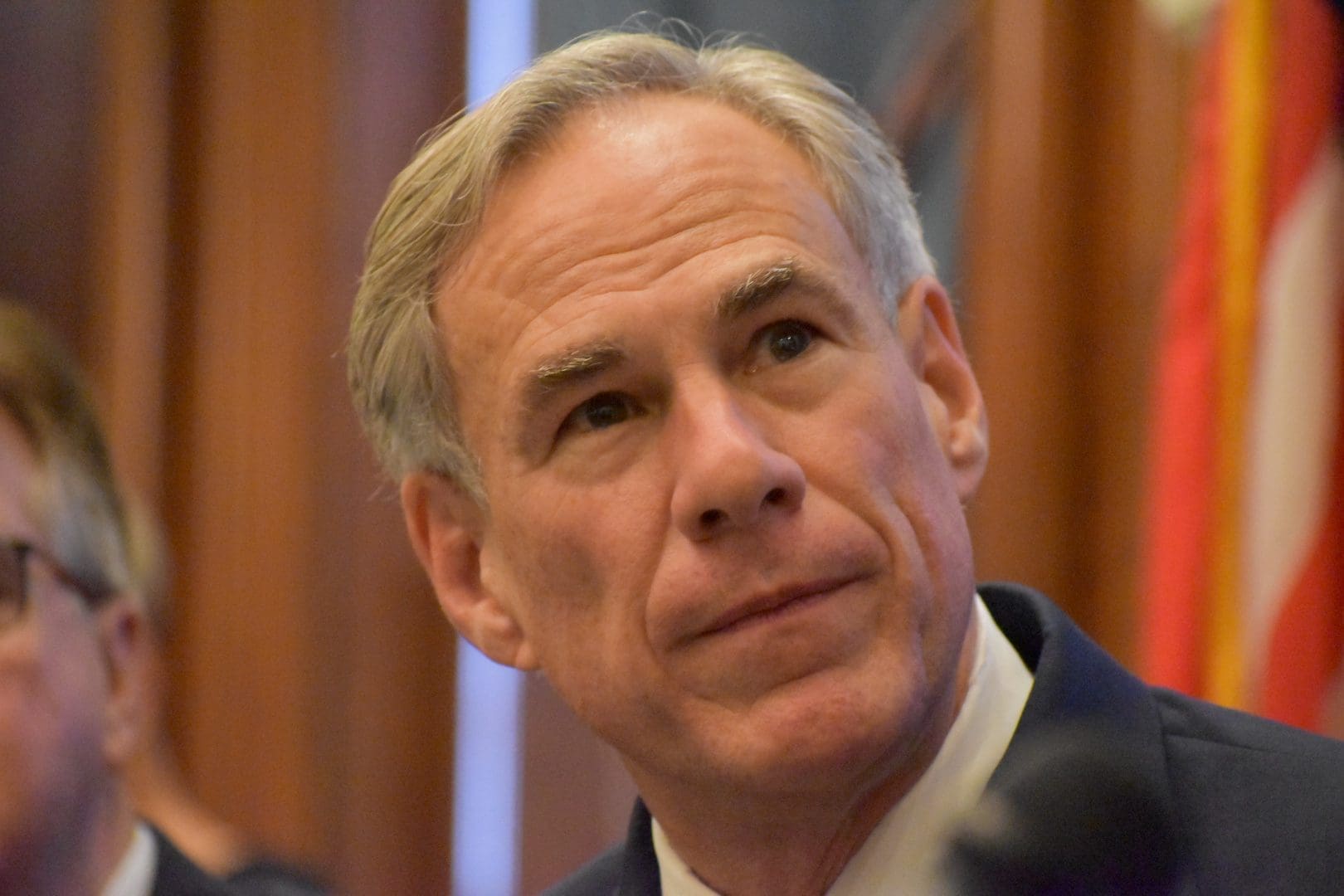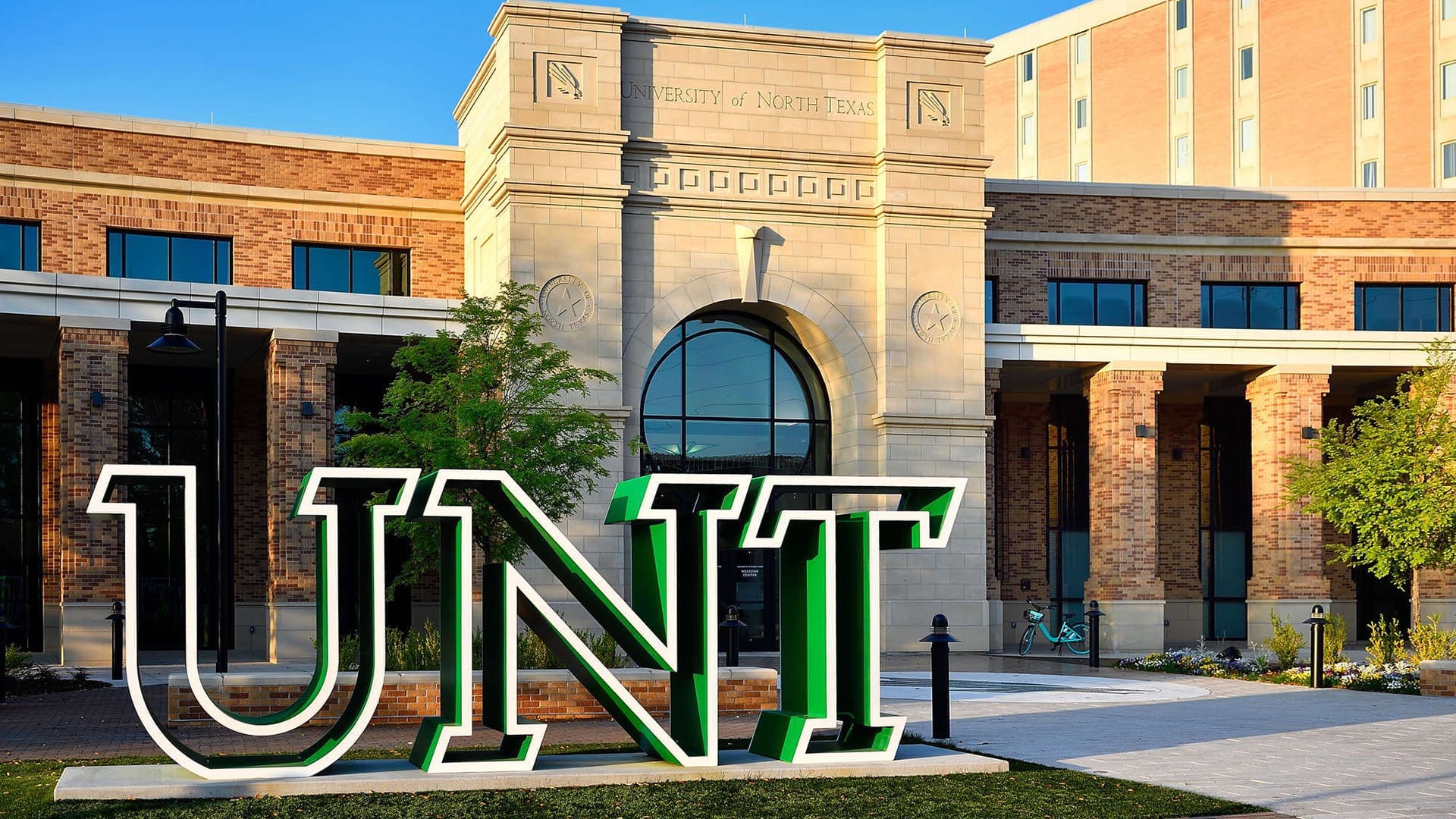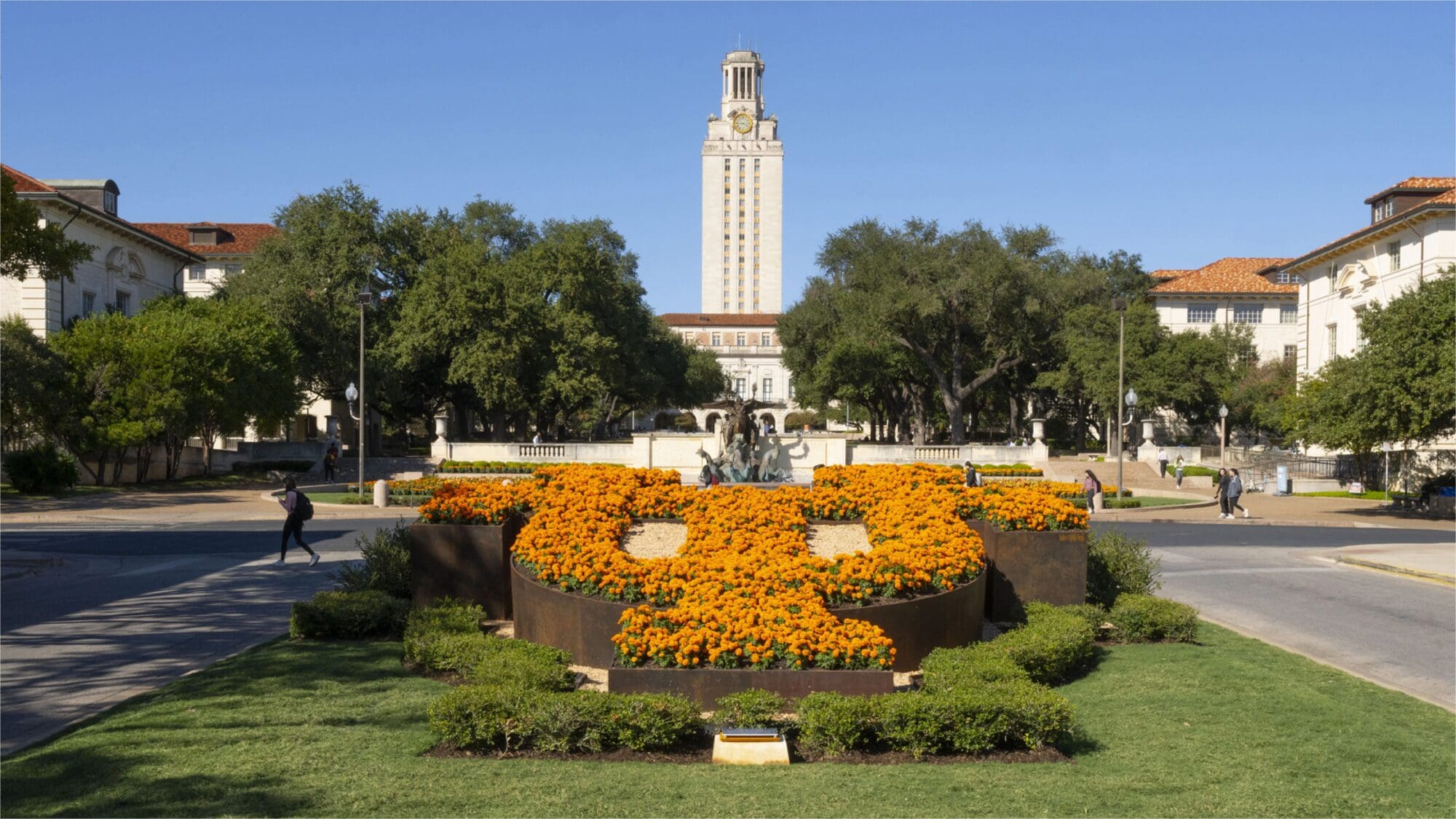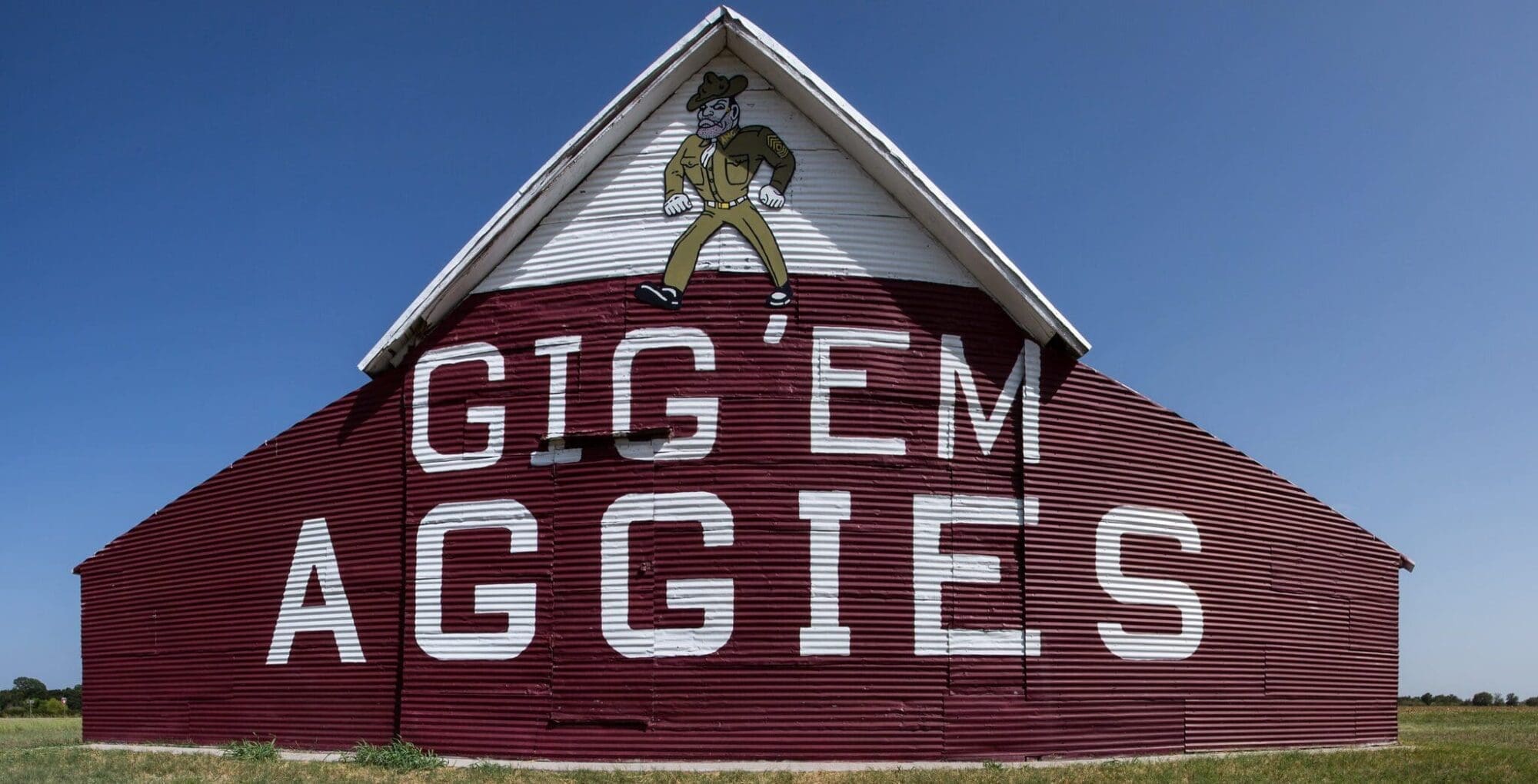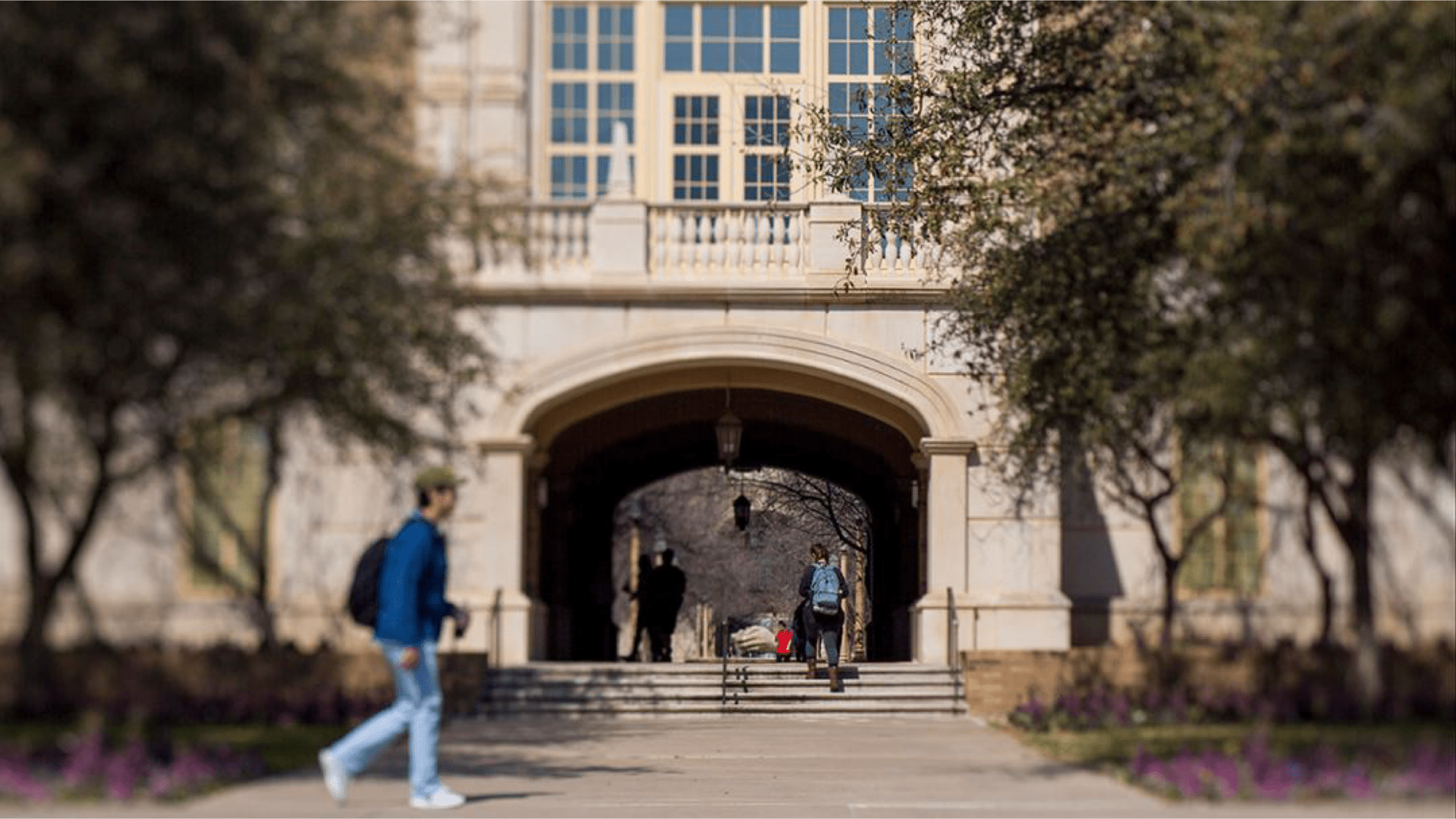As college students across Texas head home for the summer, Gov. Greg Abbott signed legislation prohibiting public universities from creating diversity, equity, and inclusion departments. However, there are certain loopholes in the law.
Over the past few years, universities and other public institutions have created DEI departments and councils to promote divisive racial policies. Although seemingly innocuous, DEI initiatives are commonly associated with the controversial critical race theory. Activists in these departments often push for equal outcomes instead of equal opportunities.
Senate Bill 17 by State Sen. Brandon Creighton (R–Conroe) bans Texas’ public universities from establishing a DEI office, using DEI criteria in their hiring practices, or requiring employees or prospective employees to attend DEI trainings.
However, the restrictions do not apply to academic instruction, student organizations, student admissions, guest speakers, or scholarly research.
The measure requires a representative from each state-funded university to testify before lawmakers, detailing their compliance with the law every legislative session.
The state auditor will review each university at least once every four years, and any institution that still has a DEI department or fails to meet SB 17’s other requirements will no longer receive state funding.
Last year, Abbott warned state agencies, including public universities, that implementing DEI hiring practices would lead to discrimination and violate state law.
Creighton said his legislation ensures that Texas universities prioritize merit over DEI quotas.
“Texas is leading the nation and ensuring our campuses return to focusing on the strength of diversity and promoting a merit-based approach where individuals are judged on their qualifications, skills, and contributions,” Creighton said in a statement.
Dismantling DEI programs in public universities was one of Lt. Gov. Dan Patrick’s 30 legislative priorities. Patrick said SB 17 would “ban divisive DEI offices and hiring practices at our universities to make sure that individual merit and achievement are rewarded.”
“The woke left’s drive to divide Texans is never-ending,” he said, arguing that “DEI hiring practices have caused division and must be stopped.”
“Texas universities improve and the educational environment is enhanced when we recruit the best faculty based on merit and equal opportunity, not arbitrary quotas based on equity,” Patrick concluded.
Although legislators in both chambers approved the measure, some criticized an amendment House lawmakers added that they say “undermines the bill in several ways.”
During a late-night committee meeting, House legislators approved an amendment to SB 17 requiring universities to make “reasonable efforts” to find new jobs with equivalent pay for former DEI employees, instead of firing the individuals.
On social media, Creighton said his legislation will lead to savings for Texas taxpayers.
“The elimination of Diversity, Equity, and Inclusion offices will result in millions in savings for taxpayers and restore a culture of free inquiry, meritocracy, equal opportunity, genuine innovation within Texas higher education,” said Creighton.
SB 17 will go into effect January 1, 2024.
No ads. No paywalls. No government grants. No corporate masters.
Just real news for real Texans.
Support Texas Scorecard to keep it that way!
